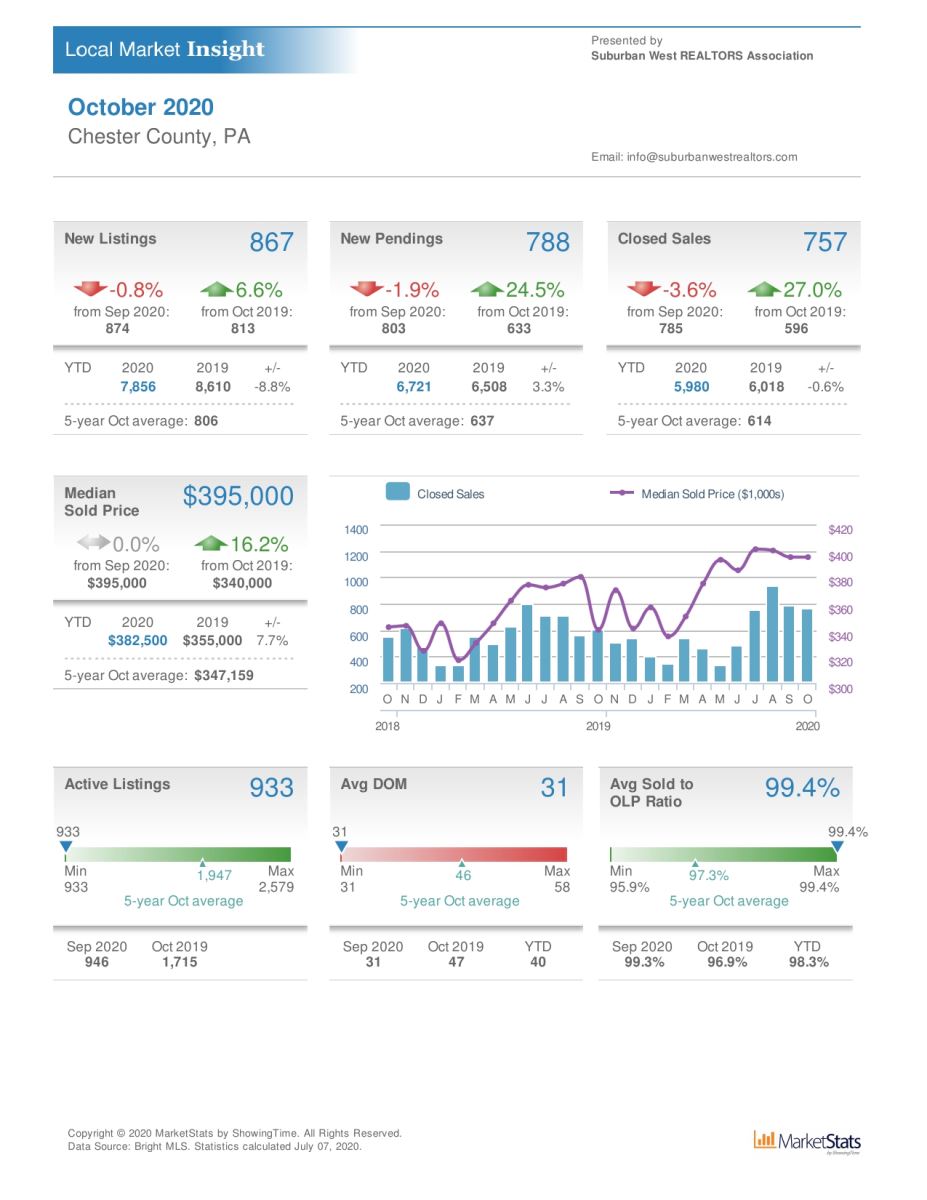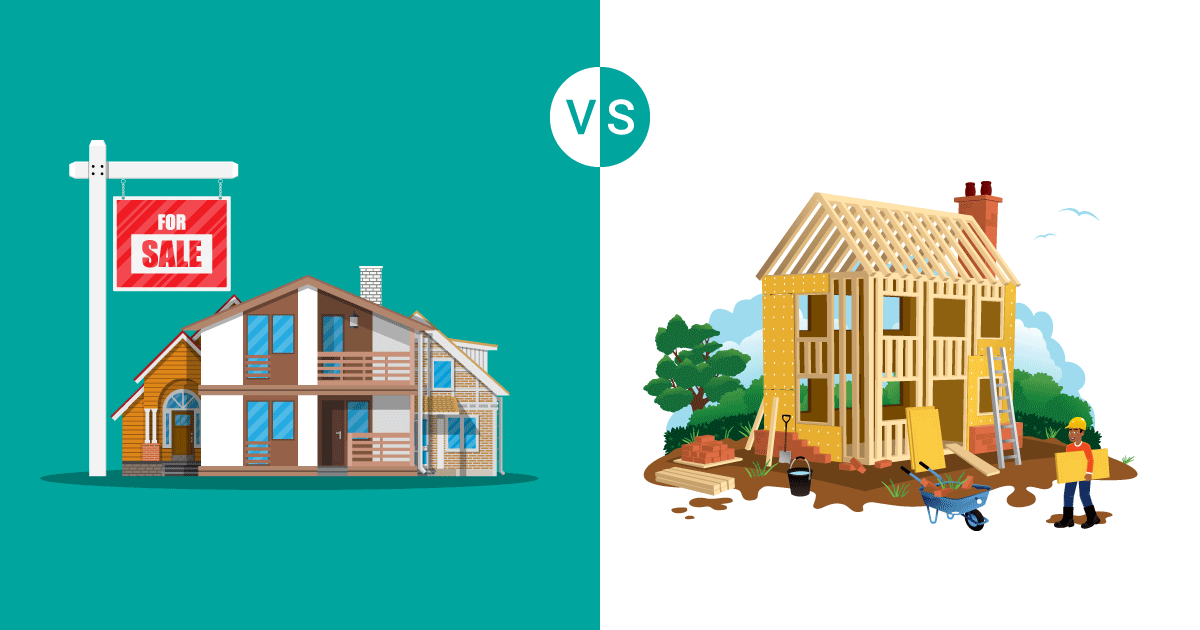Settling in Your New Home

Moving is such a huge task, and not only takes a physical toll on you and your family, it takes an emotional toll as well. While those unpacked boxes are staring at you, it is very easy to feel overwhelmed, and wonder when the new house will feel like home. After making a few decisions, then getting to work, it will not take as long as you may think; follow these tips!
-
Before you move, think about how you want to set up and decorate your new home. Here are a few factors you can focus on:
-
- If you love the layout of your current home, do the same in your new house as closely as you can. Use the same furniture placement, arrange your focal wall close to what you are familiar with, and keep your kitchen arranged as you do now.
-
- Is there something you really dislike about where you are now? Switch things up in the new house for a completely different look that you love. Paint and furniture slipcovers go a long way if a total overhaul is not in the budget.
-
- Those who thrive on change are going to have an easier time of moving to a new place. Many go from one decorating extreme to another: farmhouse rustic to sleek and modern or from mid-century decor to a cottage style.
-
If it is in your plan to do any painting or other work, have that done before moving, or get it completed as soon as possible. The longer it takes to unpack and put your personal things in place, the longer you will feel unsettled.
-
Getting unpacked as quickly as you can; no one feels at home having to maneuver around boxes that are stacked up around the house. If there are storage items that need to be put away, get them in the attic. Some rooms can be set up easily, such as the kitchen and eating areas, as well as bedrooms.
-
Forgo the take-out food after a couple of nights. If you simply do not have time for cooking, at least seat everyone at the table with your usual dishes and silverware.
-
Having younger children’s rooms arranged with all their favorites will help them settle in. Is there a family clock that chimes the hour? Get it unpacked and chiming as soon as possible. Whatever is an “expected thing” in your home, the sooner it is in place, the more comfortable everyone will feel.
-
No matter the season, get your landscaping and outdoor items placed where you would like them. Personalizing with a monogrammed flag, your favorite flowers (in pots, as that is easier to care for after a recent move), and outdoor furnishings.
-
Get into your normal routine as best you can, and if there are new jobs or places to be, go about them as you would have in your former home. Keeping everything, you need for the everyday running of life in the same general way and area they were in before will make for some normalcy.
Even if you are happy and excited about living in a new place, wanting to make it feel like home is important to everyone involved. Whether approached with a casual “whenever,” or a planned out unboxing and setting up, the comfort of home may take a few weeks or months to achieve. Taking care of the little things will certainly get you on your way to feeling some home, sweet home.
Courtesy of Chester County PA Realtor Scott Darling.
Photo credit: Domain







 Tax deduction on mortgage interest:
Tax deduction on mortgage interest:




